Preventing Burn While Working In Hotel Kitchen

How to prevent burn in the hotel kitchen? Understanding the transfer of heat is very important to chefs working in ...
Read more
Security – Types Of Safety And Security Functions I Hotels
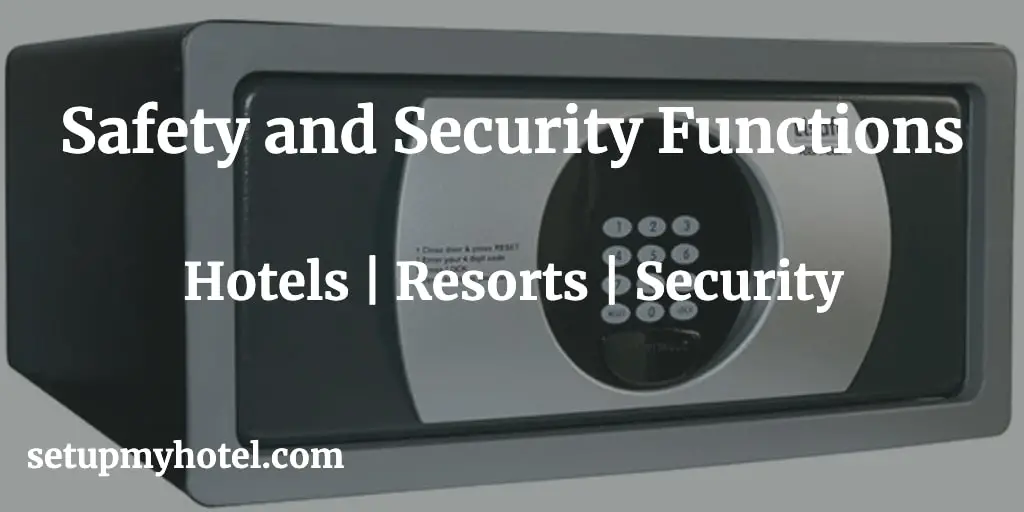
Types of Safety and Security Functions in Hotels Safety and security functions are an integral part of any hotel operation. ...
Read more
Security – How To Prevent Theft By Hotel Staff And Hotel Guests?
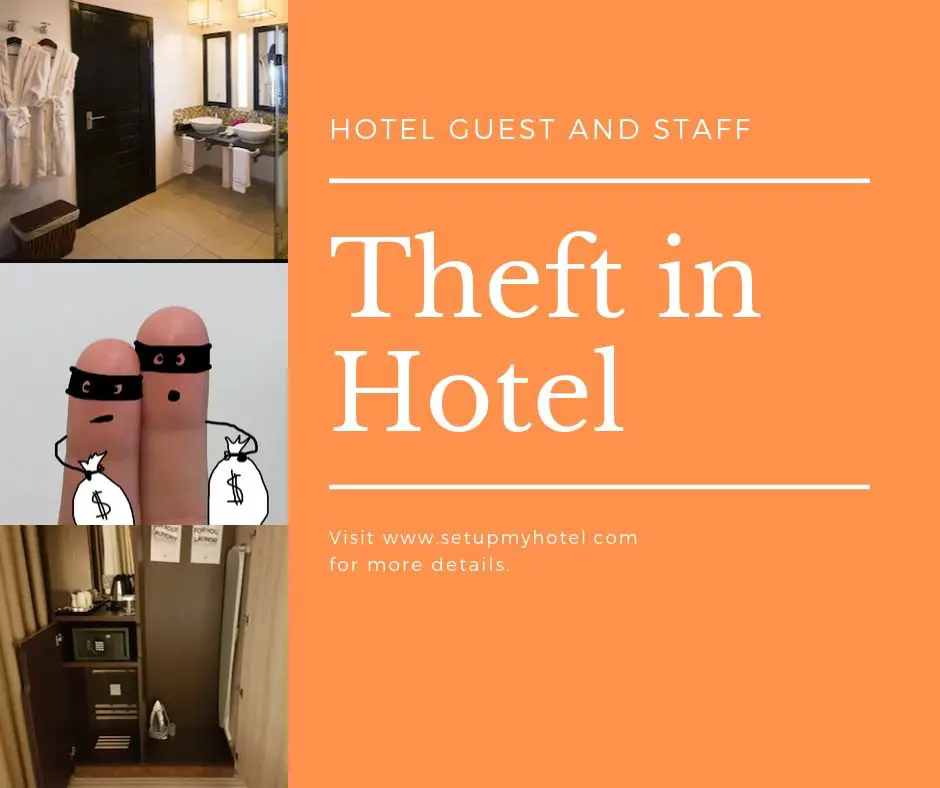
How to Prevent Theft By Hotel Staff and Hotel Guests? Hotels are a place where we expect to feel safe ...
Read more
Security – 10 Safety Rules When Working With Electricity
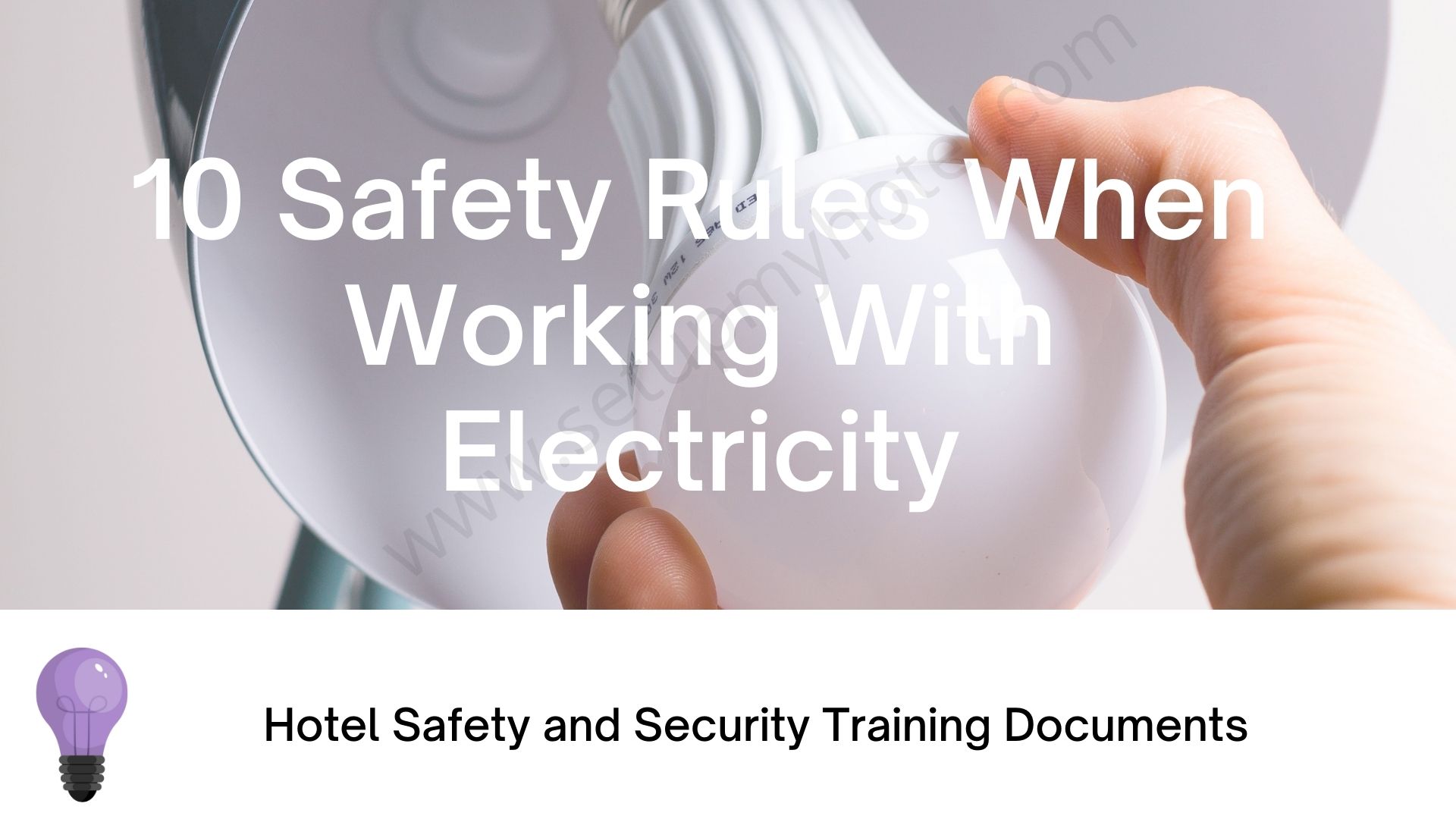
10 Safety Rules When Working With Electricity 1. When you’ve turned off a circuit breaker to work on a piece ...
Read more
IT – Hotel Computer Security And Disaster Recovery Tips
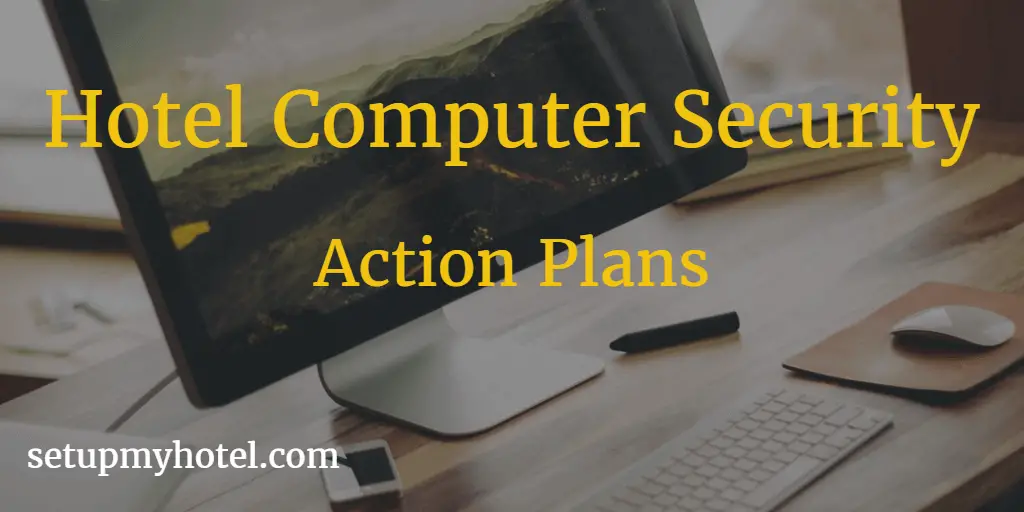
Hotel Computer Security And Disaster Recovery Tips In the modern hospitality industry, where technology plays a crucial role in operations, ...
Read more
Security – Types Of Keys Used In Hotels For Effective Security

Types of Keys used in hotels for effective Key control When it comes to the guest experience in hotels, the ...
Read more
IT – Hotel IT Failure Emergency Action Plan / Contingency Plan (All Departments)

Sample Hotel IT Emergency Action Plan / Contingency Plan In today’s digital age, all businesses must have a solid IT ...
Read more
Security – Fire Emergency Plan And Procedures Sample For Hotels | Resorts
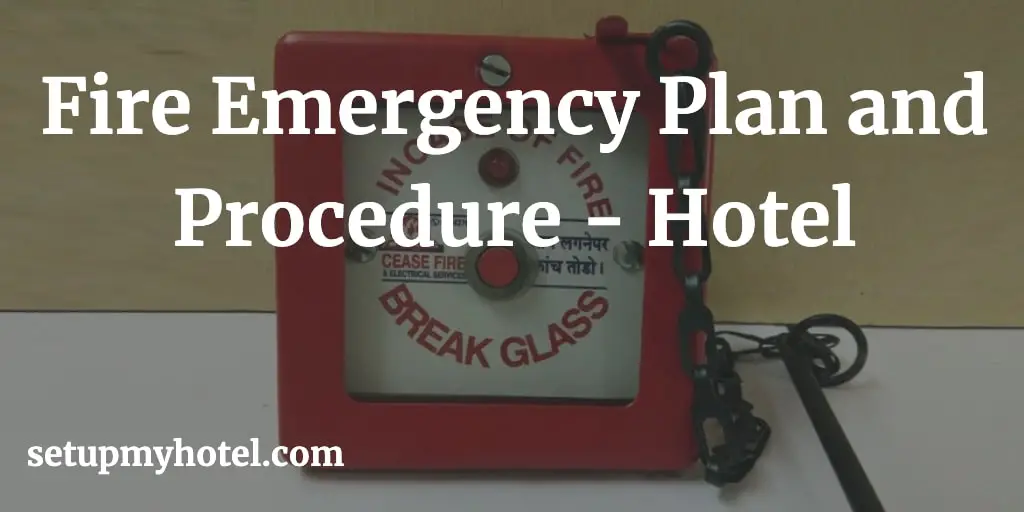
Fire Emergency Plan and Procedures Sample For Hotels | Resorts Hotels are required to have a fire emergency plan in ...
Read more
Security – Safety Rules For Gas And Electrical Equipment’s
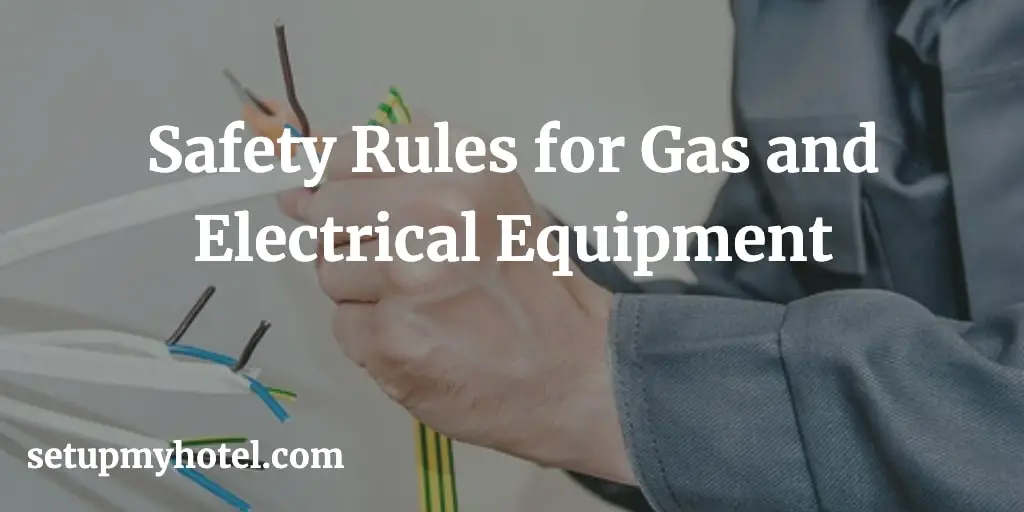
Safety Rules for Gas and Electrical Equipment Ensuring the safety of hotel guests is of utmost importance. As such, it’s ...
Read more
How To Keep Knife Or Knives Sharp?

Tips For Keeping The Knife Sharp A knife is a tool that is of little use if it is not ...
Read more









